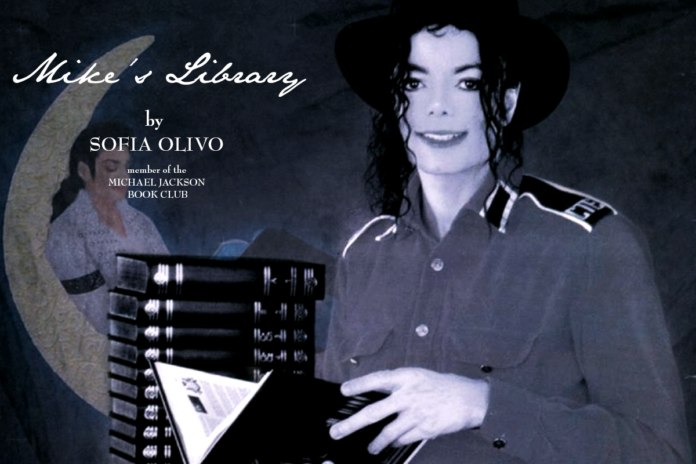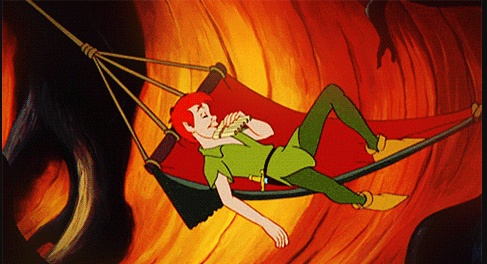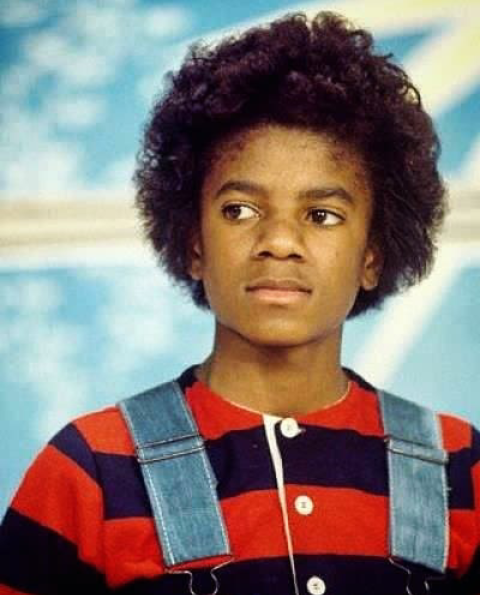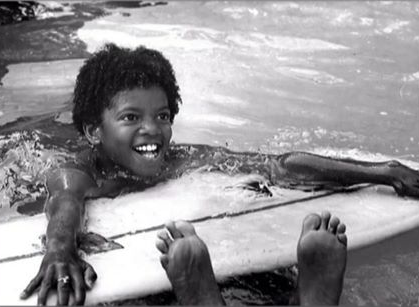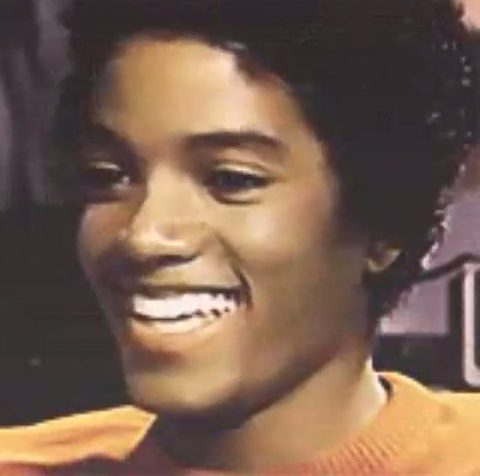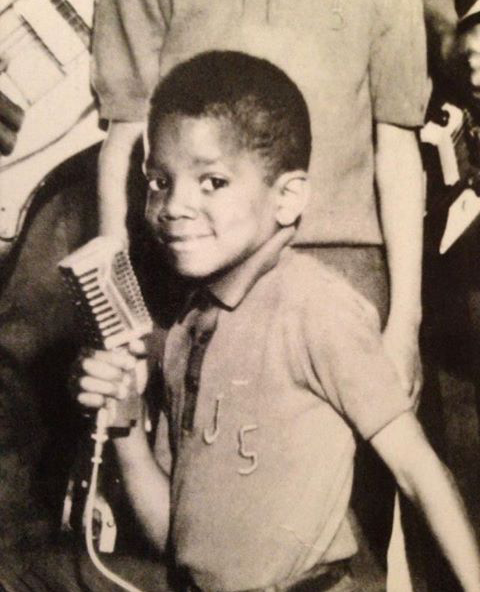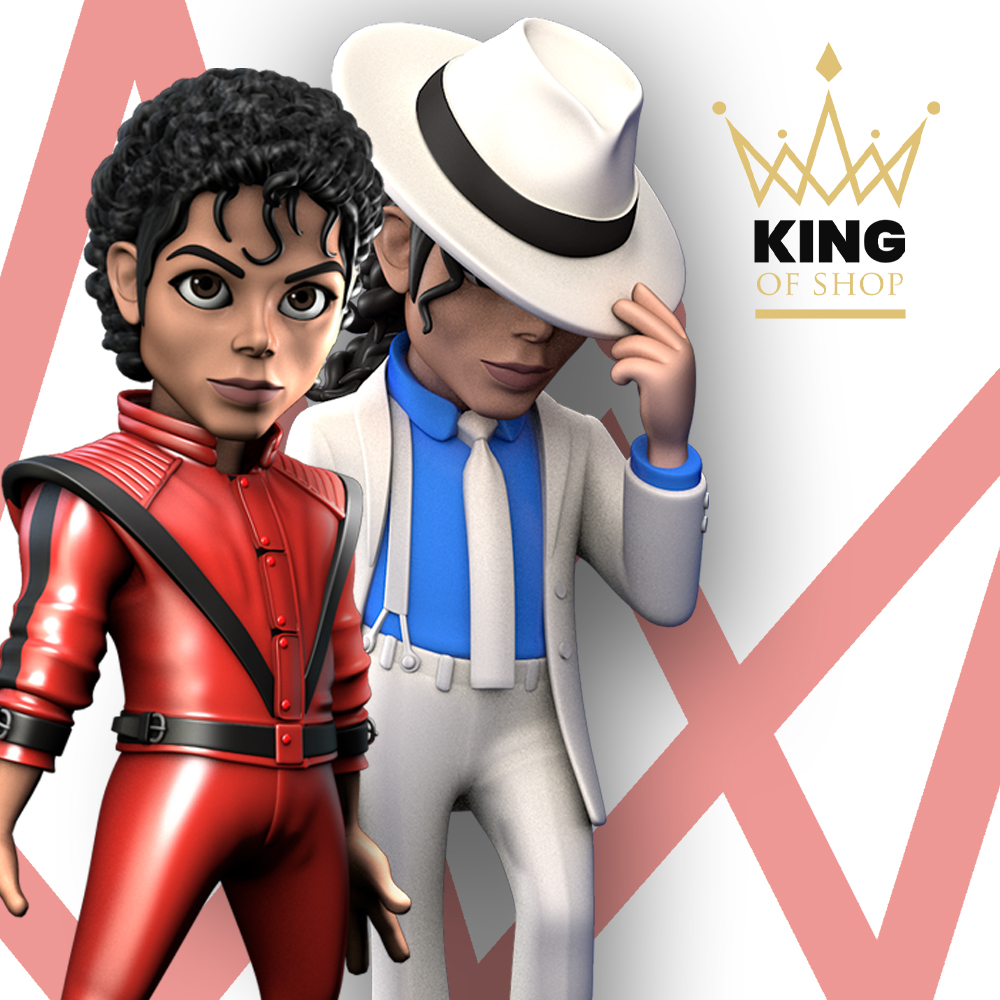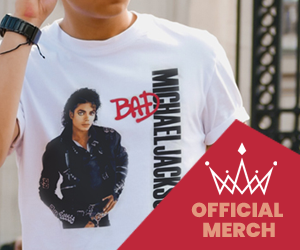The Michael Jackson Book Club teamed up with Sofia Olivo from “Mike’s Library” to help us discover books that the King of Pop has read through his life time. Sofia will review those books in a brand new MJVibe/The Michael Jackson Book Club section “Mike’s Library” which will occur occasionally and part of the Michael Jackson Book Club.
Mike’s Library
Michael Jackson’s vision of life through the books he read
Michael Jackson and Peter Pan – J.M.Barrie – 1905.
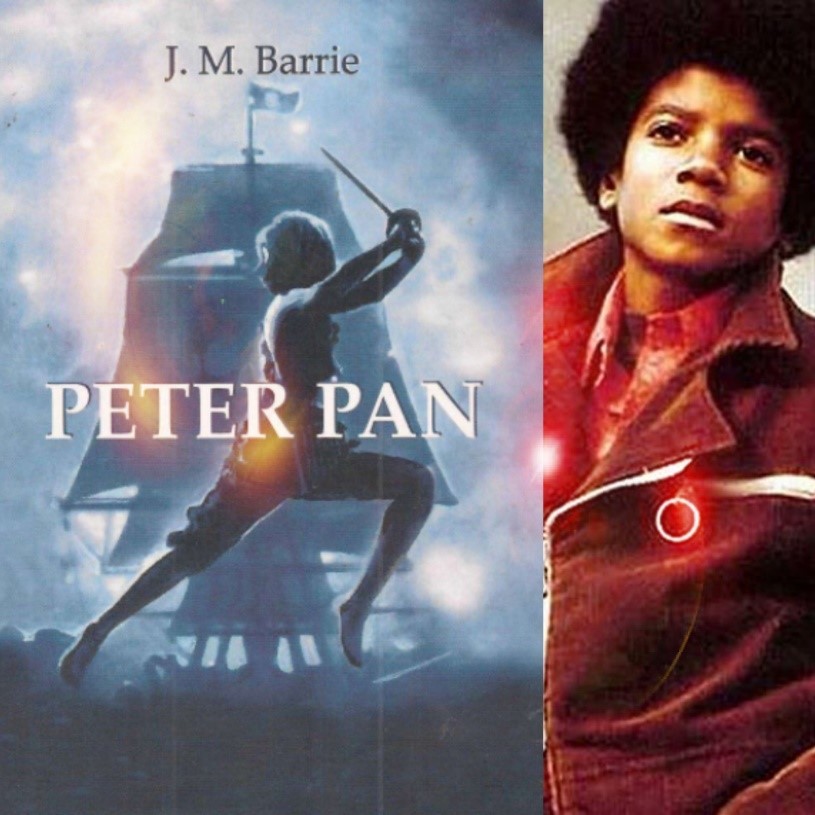
We all grew up with the Disney version of this literary work. But Barrie’s story is much darker; it shows a deep understanding of child and adult psychology. It’s much better.
Peter Pan’s last name is related to Faun Pan. Half-man, half-goat creature of the Greco-Latin mythology, the deity of the breezes of dawn and sunset. Pan lived in a cave called Coricia (a real cave that served as a refuge for the inhabitants of Delphos during the Persian invasion) with nymphs. This inspired the author to place Peter in an underground shelter, in a world full of fairies and mermaids who worship him. Faun Pan was a hunter, healer, and musician. He spent his time scaring away the men and sheep that entered his domain. He played a musical instrument called Syringa or Pan’s Flute.
The word panic derives from the word pan.
The imagination of the author is amazing. It transports us back to our childhood; we remember those feelings we had as children.
Neverland is the name the author gives to the unlimited imagination of children. A country in the subconscious mind of every child in which they manifest worlds full of abundance.
But the children end up forgetting Neverland. They are engulfed by the monstrous adult world. They feel its menacing presence under the bed or in the closet.
Children are forced to grow up by cynicism. They must adapt to the “needs” of adults. Millions of children are abused, forced to work, to become soldiers, etc. Michael knew that face of reality.
How many wonderful things adults miss by forgetting Neverland and rejecting the fantasy world so generously offered to them by their children. Children are natural manifestors of abundance and love. But we kill that Gift of God and then run desperately after abundance and love; then, we try to get them by adult methods.
It’s good to read this book again and again. It takes us back to Neverland. This place is always there, at the bottom of the adult mind, where the rational does not dominate. It reminds us that the child we were is still alive inside us and is willing to play.
“If you shut your eyes and are a lucky one, you may see at times a shapeless pool of lovely pale colors suspended in the darkness; then if you squeeze your eyes tighter, the pool begins to take shape, and the colors become so vivid that with another squeeze they must go on fire. But just before they go on fire you see the lagoon. This is the nearest you ever get to it on the mainland, just one heavenly moment; if there could be two moments you might see the surf and hear the mermaids singing.”
Peter’s the kid Hook always wanted to be. He hates the boy because he couldn’t be like him. Hook is the boy who grew up too fast at the cost of his innocence. He is the adult that Peter refuses to be. The child hates him because he is what he could become if he grows up. The child wants to save his innocence at all costs.
There is one more character who represents the third aspect of the adult psyche. Mr. Darling is the adult who, behind the facade of a serious man, hides a childish being in need of care. He’s a toxic person; he’s no interesting. He is even annoying.
We have the adult childlike, the cynic, and the childish. They are the same person who has taken different paths. But the most interesting confrontation is when the childlike aspect collides with the cynical one; because it often occurs inside the mind of a single person. What kind of person do you decide to be then?
Did Michael face this situation? Did he see himself in the position of choosing what kind of person to be? I am sure he did. As a child who grew up too quickly, he could sense, early on, that Hook was waking up inside him. Michael chose to be Peter Pan because the other option was too dark. Hook’s depression and bitterness were an added weight to the weight his young shoulders had to bear. Peter Pan, despite his flaws, is brighter. There are more options to continue living a life full of light. It is the archetype he chose to incarnate to survive. Michael invited us to enjoy the animated version of Peter Pan so that, when the time came, we would feel attracted to a deeper reading. Tired of the darkness of our inner Hook, we can understand the struggle Peter has got to save his innocence, and we can accept that quality as a strength. In the adult, it is a choice that fills us with purity, authenticity, and joy. It lightens us from the weight of life. It is exhausting to be Hook twenty-four hours a day. But being Peter, magically, revitalizes us.
Hook has a breastplate around his heart. He’s a man who doesn’t know how to regain his innocence. Indeed, he doesn’t even know he’s looking for it. But he has less and less time to fill that void. He flees in terror whenever he hears the crocodile that, like Cronos/Saturn, wants to devour him. Life is a drama for Hook because he lives in the past and fears the future. When he disappears, he leaves nothing of himself. Everyone forgets him; Peter the first.For Peter, the past is just a blur in his memory, and the future is an unbearable eternity. Unlike Hook, for him, time is not a threat. He is not afraid of the crocodile Cronos; he is barely aware of it. Life is intense for Peter because he lives in the present moment. He experiences one adventure after another. When he finishes one, he forgets and moves on to the next.
The archangel Michael says: “We are all children playing at being adults.”
I have not seen the biopic starring Johnny Deep (JD innocent!!), so it is just my impression. It seems that J.M.Barrie is a man tired of the cynicism of the adult world in which he lives and, to save himself, redirects his attention towards children. He takes refuge in them. He DECIDED to follow the path of innocence. Michael made the same decision. He was aware that innocence is a strength and that with it one experiences the world in a more intense, more authentic, and purest way.
From this book, the author published two sequels: “Kensington Gardens” (1906) and “Peter and Wendy” (1911). And as a curiosity, here’s Peter Pan’s first film made in 1924. I don’t know if Michael could see it, but I hope so because it’s so fun to see the special effects of a 1924 movie!
Sofia Olivo
Michael Jackson Book Club Member
You can read reviews of the books Michael read at my blog www.sofiaolivochatblancshenfu.wordpress.com
Facebook: Michael Jackson Book Club | Facebook
Twitter: The Michael Jackson Book Club (@booksaboutMJ) / Twitter
YouTube: MJ BookClub – YouTube
Instagram: Michael Jackson Book Club (@booksaboutmj) • Instagram


